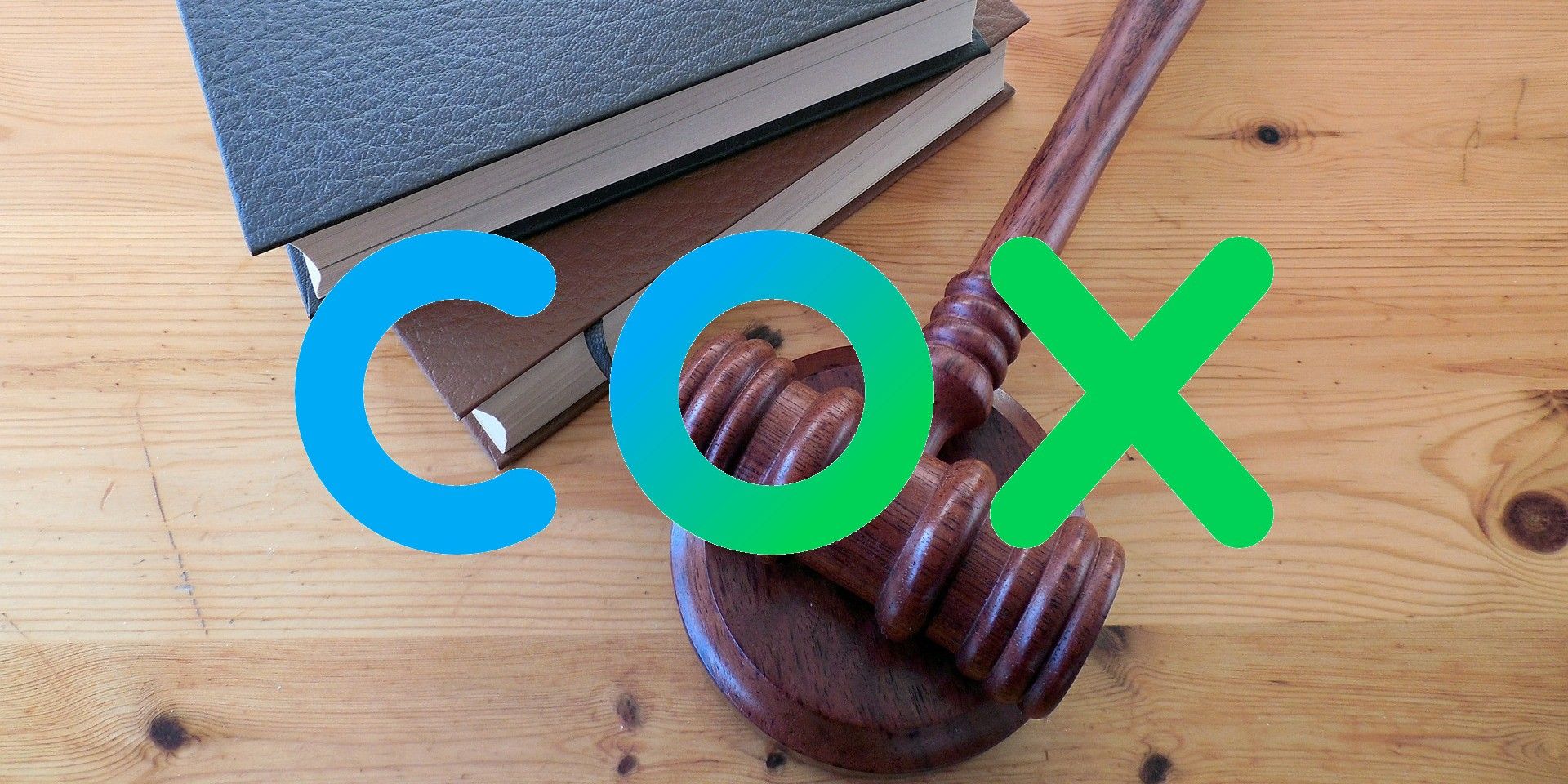
Following a three-week trial in an Alexandria, Virginia federal court, Cox Communications was hit with a verdict of $1 billion in damages to a group of 50 companies that included recording industry powerhouses like Sony and Universal. The jury punished Cox on the basis that the ISP did not do its part to keep its users from pirating music.
Cox Communications is an internet service provider that competes with other providers like Comcast and Verizon. In their suit against the ISP, the union of companies stated that 20,000 of Cox’s customers repeatedly pirated music and that the business did nothing to stop it. The suit, filed in 2018, has been seen as a sign of things to come as it follows the end of the flawed copyright alert system.
Related: US Government Waging Ongoing War Against Robo Calls
The Copyright Alert system was an attempt at cutting back on piracy through an educational approach. Once a pirate was identified, they would receive notices that would attempt to educate the perpetrator on their actions. After about six warnings, their Internet speeds could get throttled, and rights holders could sue if desired. Ultimately, the program didn’t stop enough piracy to warrant being continued. ArsTechnica reported that many corporations are taking an aggressive approach to combat it using the policies listed in the Digital Millennium Copyright Act to hold ISPs accountable for their clients.

Music and film were among the most pirated goods in the 2000s and continue to be despite media streaming becoming viable and popular. For a while, Netflix’s success cut into film piracy, as did the prevalence of music streaming services like Spotify and Pandora. What these services provided was access to the things people would normally pirate due to scarcity or purchasing options. For instance, many people may not want to buy a full album, but they might want a single song from it. Similarly, Netflix stocked all manner of niche movies and had systems to steer people towards things that they might not otherwise have bought in a store. Obviously, those aren’t the only reasons people would pirate.
Now that net neutrality has been repealed in the Americas, ISPs have more power than ever. The exorbitant fee that Cox was forced to pay for not using their power could be seen as motivation for other internet service providers to treat their clients more harshly, as the value of the pirated music was worth a fraction of what Cox was forced to pay. While the internet can be cruel, in some cases piracy can be a symptom of a larger issue. The recent release of Disney Plus and what feels like every other network announcing its own streaming service has seen media being pulled from other platforms, sacrificing accessibility for a more competitive market. It's hard to imagine that some conflict won’t be caused by the intersection of businesses pressuring ISPs and the piracy caused by the increasing amount of streaming platforms.
Source: ArsTechnica
from ScreenRant - Feed https://ift.tt/39dBhB6





No comments: